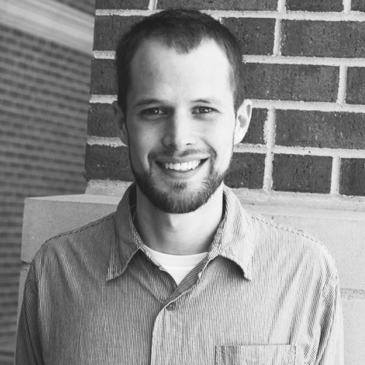Russell Weaver, Ph.D., is a geographer, quantitative social scientist, and Director of Research at the Cornell ILR School Buffalo Co-Lab. He was previously an associate professor in the Texas State University Department of Geography, where he taught courses in community geography, community development, urban planning, geographic thought, and quantitative data analysis. Dr. Weaver’s research programs are aimed at understanding and contributing to pathways for context-sensitive, sustainable, and equitable community change. He is the lead author of the book “Shrinking Cities: Understanding Urban Decline in the United States.” Find him on Twitter @RustBeltGeo.

Leveraging Data for Social and Community ChangeCornell Course
Course Overview
Organizations and social movements can perform their own research to advance equitable community change. They can discover, collect, use, and disseminate data to support their projects and goals. But any raw data requires processing for it to become useful, valuable information. Such processing includes selective extraction, organization, analysis, and formatting. This processing allows data to reach its potential as powerful and persuasive information. This course introduces you to the processes by which data is analyzed and converted from raw resources into valuable information and knowledge.
The first step of gathering data relevant for an equitable community change project is to clearly formulate the questions you would like to try to answer using data. In this course, you begin by developing strong research questions about a community's social, economic, and environmental conditions and how those conditions change over time. You will then examine how to gather or find reliable data, and make a plan to do so in order to answer a research question. Next, you will discover some basic data analysis techniques and determine whether those techniques could be used to help you answer a research question. Finally, you will reflect on the importance of becoming a critical consumer of data analyses and evaluate data analysis examples.
Key Course Takeaways
- Write strong research questions relevant to a social or community change project
- Plan for how you will obtain data relevant for answering one of your research questions
- Identify data analysis techniques appropriate for testing a given hypothesis
- Evaluate a data analysis

Download a Brochure
Not ready to enroll but want to learn more? Download the course brochure to review program details.How It Works
Course Author
Who Should Enroll
- Activists and community development organizers and practitioners
- Policy makers and political staff
- Public interest lawyers and advocates
- Leaders and members of organized labor organizations
- Urban planners and strategic planning agencies
- Social workers
- Grant writers
- Educators
- People interested in engaging in community change
100% Online
cornell's Top Minds
career

